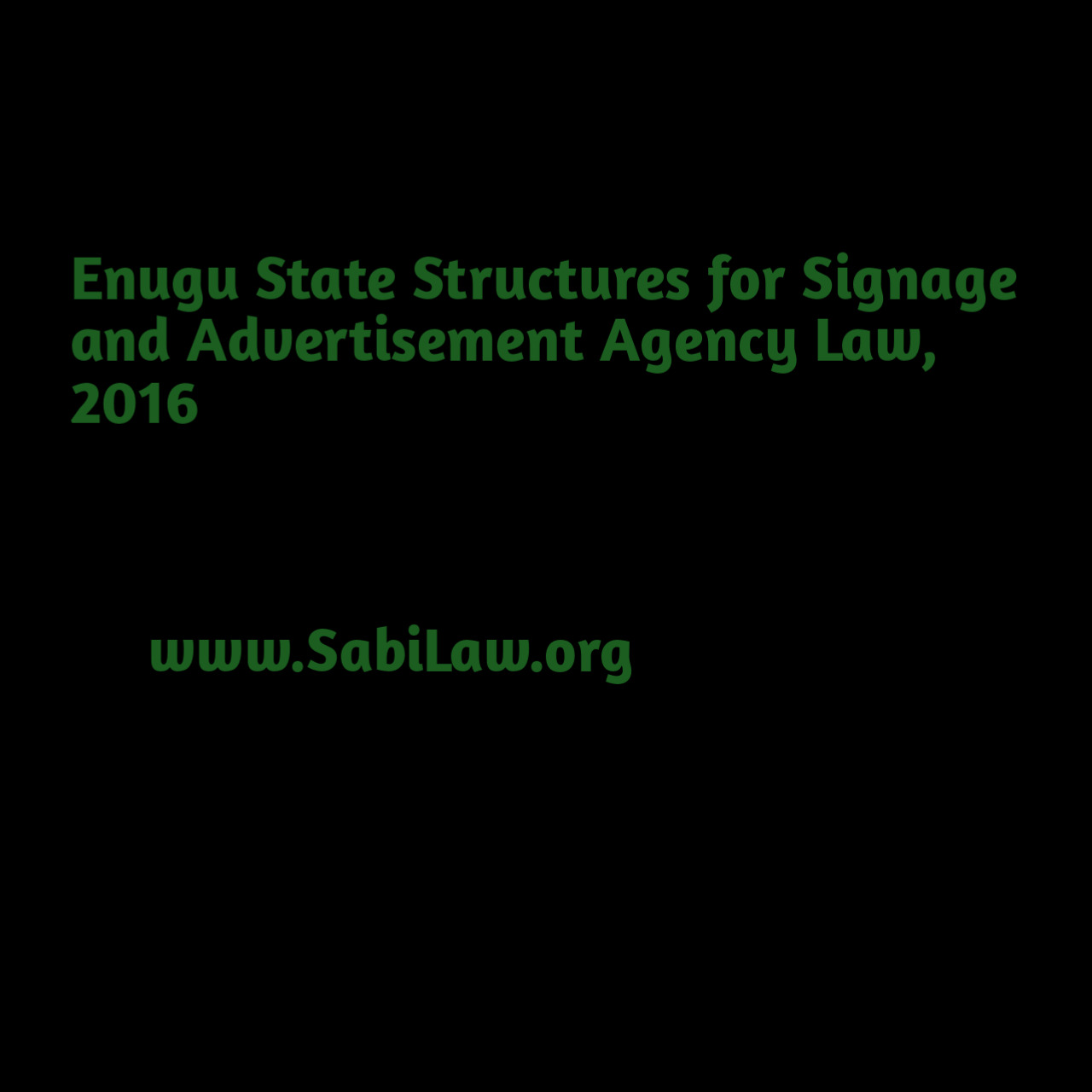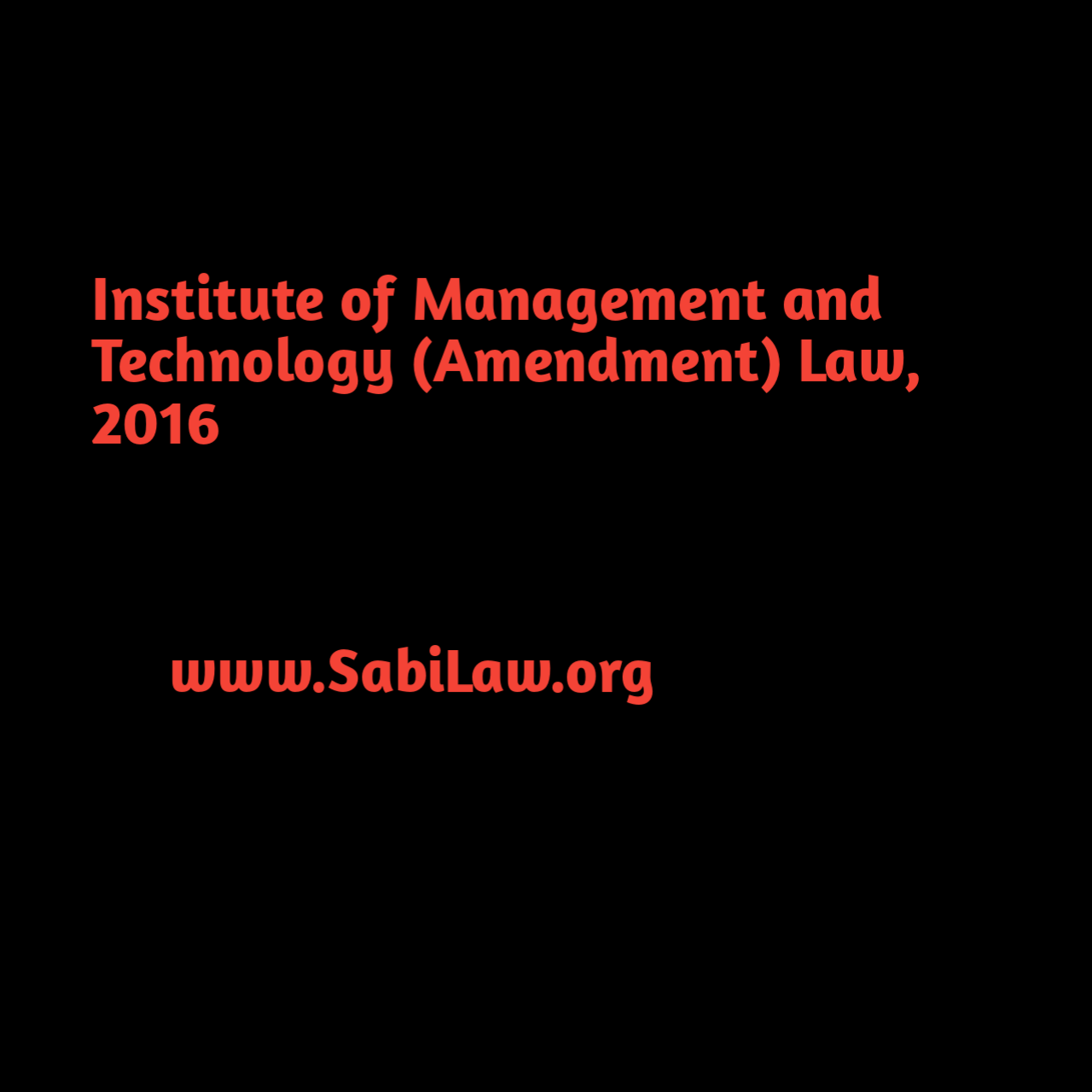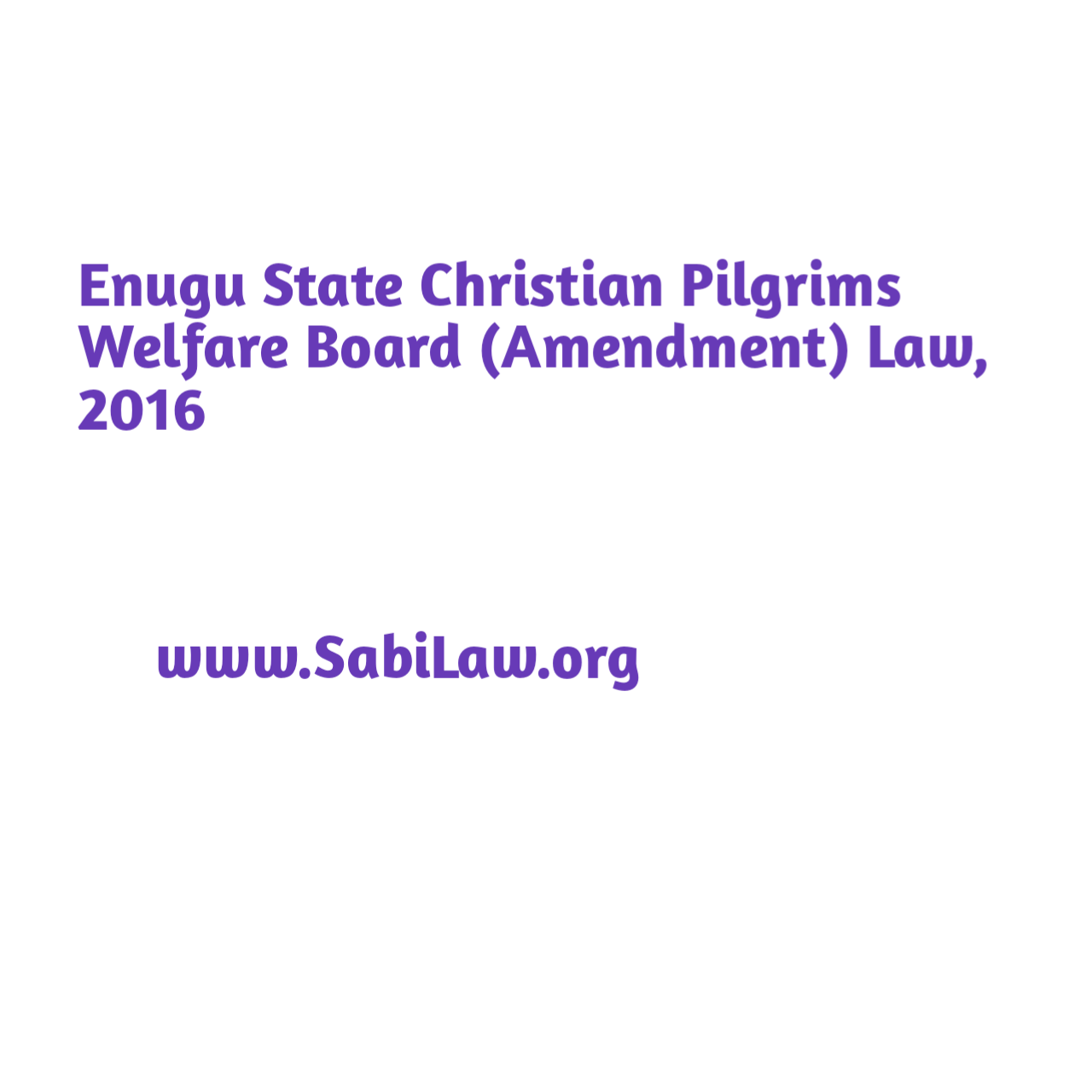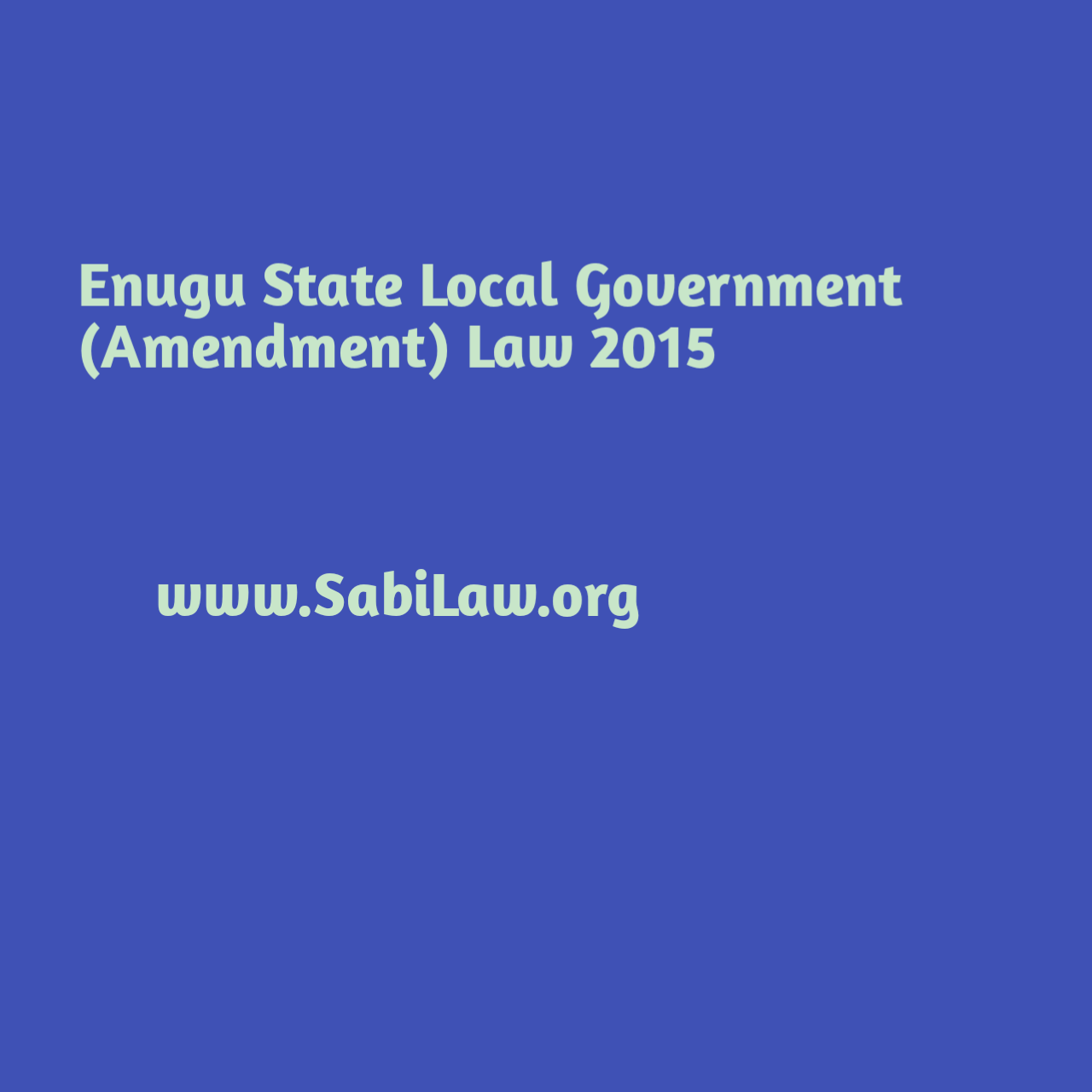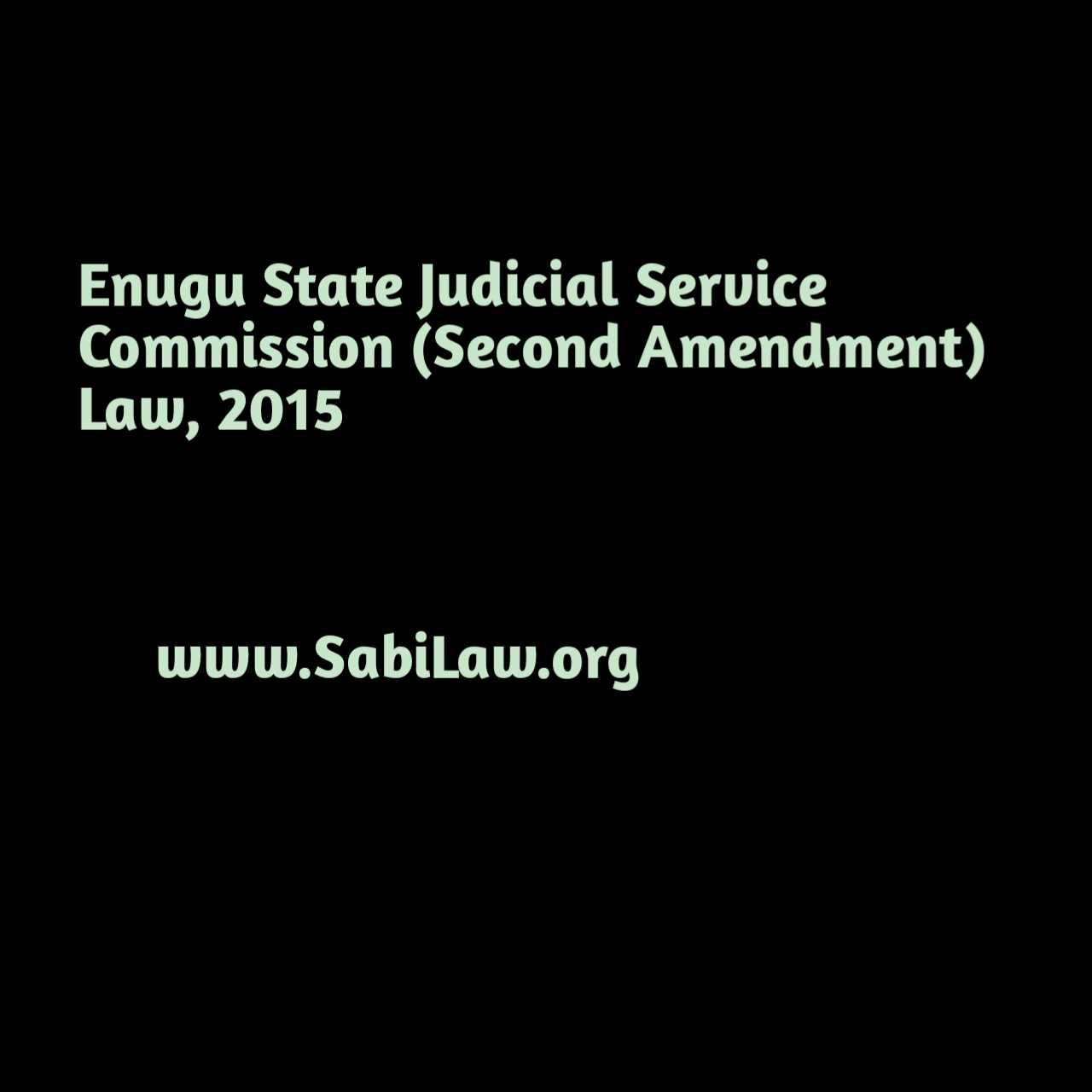Businesses and ventures are never without risks. Good business models are designed to beat challenges and overcome risks. While most business risks are foreseeable, some are not, rather unpredictable- act of god. The pandemic Coronavirus crept into the world, frustrating agreements, shutting down lives and businesses. Below are strategies to assist businesses control their risks and obligations even in this unpredictable days of coronavirus.
Coronavirus will surely be conquered by mankind but it’s effect may never be forgotten. Among other things, there may be an avalanche of legal suits and claims. I am not unaware of municipal government interventions and transnational arrangements to cushion effect of Coronavirus. The big question is when and how will businesses and transactional obligations of enterprises be suspended/terminated without infringement?
Businesses and corporations are creations of man, guided by series of agreements. Well drafted agreements often have termination clauses and more importantly, “Force Majeure”/Frustration clauses. Termination clauses contain procedures for parties to end their agreements peacefully. “Force majeure, according to Black’s Law Dictionary 8th Ed, is an event or effect that can neither be anticipated nor controlled. It includes both natural and human acts. The human acts may be of political in nature including riots, strikes or war.” Per EKO ,J.S.C ( Pp. 4-5, paras. F-A). Furthermore, “Force majeure is something that is unexpected and unforeseen happening, making nonsense of the real situation envisaged by parties.” Per NDUKWE-ANYANWU ,J.C.A ( P. 27, para. E )
On list of situations that could be termed force majuere (frustration), “see the case of DIAMOND BANK LTD v. UGOCHUKWU (2008) 1 NWLR (Pt. 1067) where the Court held per RHODES-VIVOUR, JCA, (as he then was) that for force majeure to occur, there must be an event which significantly changes the nature of the contractual rights of the parties that it would be unjust to expect the parties to perform those rights such as: (1) Where the subject matter of the contract has been destroyed, or is no longer available. (2) Death or incapacity of a party to a contract. (3) The contract has become illegal to perform as a result of new legislation. (4) A contract can be frustrated on the outbreak of war. (5) Where the commercial purpose of the contract has failed.” Per ABIMBOLA OSARUGUE OBASEKI-ADEJUMO ,J.C.A. Obviously, the pandemic falls under the example 2 above, causing deaths and incapacitating human beings.
Equity aids the diligent and not the indolent. Any party to an agreement that is frustrated or reasonably believes will be frustrated by Coronavirus and its resultant effects, should quickly invoke the provisions of his/her agreement’s Force Majeure/frustration Clause. Most the Force Majeure/frustration clauses require affected parties to give early written notices within stipulated periods (often 14 days) from the day commencement of force majeure. So, failure of a party to an agreement to diligently communicate his frustration due to overwhelming unpredictable interventions like Coronavirus, may not be a defence for his business losses and legal liabilities.
However, it must be noted that “…for doctrine of frustration to avail a party, he must show that he is willing and capable of performing his own obligation under the contract but was prevented from doing so by circumstances beyond his contemplation and control. See – Egbe v. Alhaji (1990) 1 NWLR Part 128 Page 564; Ademola v. Sodipo (1989) 5 NWLR Part 121 Page 329.” Per BADA ,J.C.A ( P. 11, paras. A-B )
In summary, early Notice of Force Majeure/Frustration/Termination will suspend liabilities of parties since such frustration/termination of agreement is not due to any fault of a party. Timely notice of frustration will reduce business losses, suspend agreements, safeguards relationships and avoid legal liabilities.
My authorities are judicial decisions of appellate courts in Nigeria, including;
1. C.G.G. (NIG) LTD v. AUGUSTINE & ORS (2010) LPELR-8592(CA)
2. GLOBE SPINNING MILLS (NIG) PLC v. RELIANCE TEXTILE INDUSTRIES LTD (2017) LPELR-41433(CA)
3. GOLD LINK INSURANCE CO. LTD v. PTF (2008) LPELR-4211(CA)
#SabiLaw
#DailyLawTips
#SabiBusinessLaw
#SabiElectionLaws
#SabiHumanRights
#SabiLawOnBeatFm
#SabiLawLectureSeries
#CriminalJusticeMonday
#SabiLawVideoChallenge
Speak with the writer, ask questions or make inquiries on this topic or any other via info@LearnNigerianLaws.com or onyekachi.umah@gmail.com or +2348037665878. To receive our free Daily Law Tips, follow our Facebook Page:@LearnNigerianLaws, Instagram:
@LearnNigerianLaws and Twitter: @LearnNigeriaLaw
Please share this publication for free till it gets to those that need it most. Save a Nigerian today! NOTE: Sharing, modifying or publishing this publication without giving credit to Onyekachi Umah, Esq. and “LearnNigerianLaws.com” is a criminal breach of copyright and will be prosecuted.
This publication is the writer’s view not a legal advice and does not create any form of relationship. You may reach the writer for more information.
Powered by www.LearnNigerianLaws.com (A Free Law Awareness Program of Sabi Law Foundation)












































